NAWAMED: Debating cost feasibility and the adoption of non-conventional water resources technologies in Lebanon
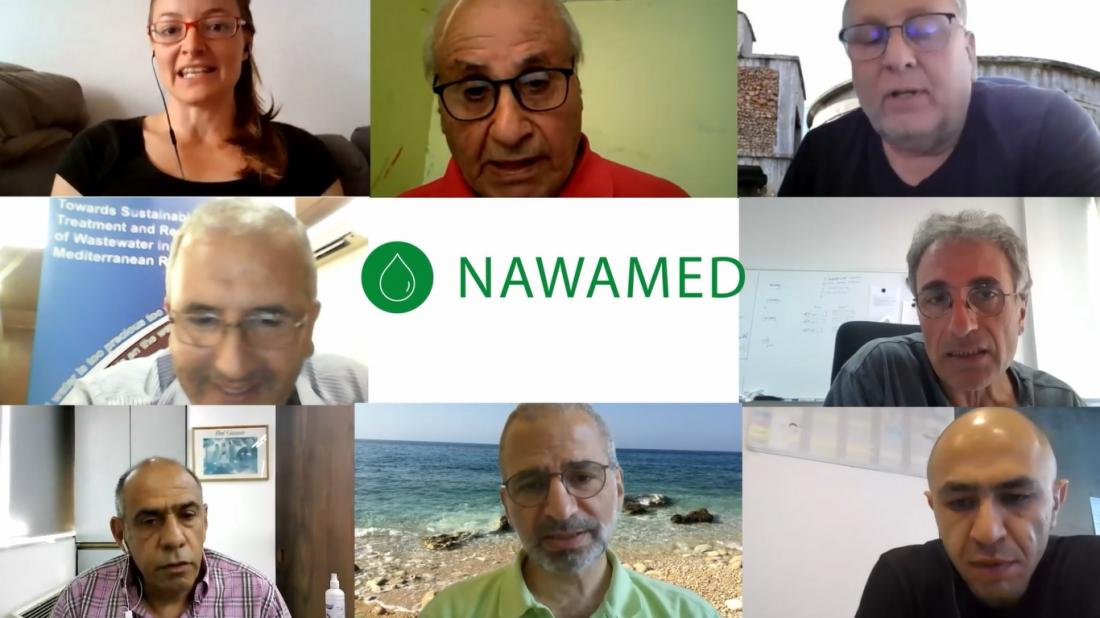
Two Water Tables gathering stakeholders from Lebanon and the region were organized by the American University of Beirut, NAWAMED project partner in Lebanon, on August 11 and 12, 2021.
The meetings took place on Zoom over the course of two days and tackled two of the NAWAMED project’s central themes:
- Cost feasibility assessment of Water Demand Management and Non-Conventional Water Resources technologies in Lebanon
- Identification of challenges for promoting the adoption of Water Demand Management and Non-Conventional Water Resources technologies
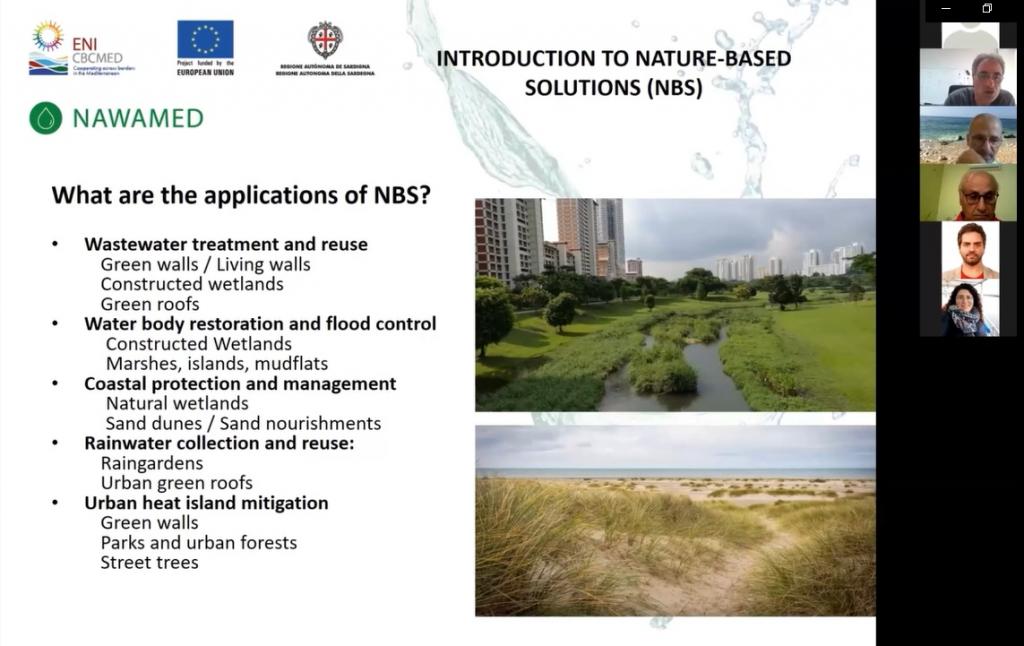
Dr. Nadim Farajalla, AUB co-project investigator, welcomed the participating stakeholders from key organizations in the water sector in Lebanon and the region, and moderated both meetings.
The invited participants were selected in order to form a core group present at all four national stakeholders’ meetings, in addition to speakers and specialty attendees for the different themes/events. Each of the participants has an extensive experience in the sector, be it at the policy level, in academic and research environments, or technical, field and project implementation know-how. This combined expertise covers the entire spectrum for the application of Water Demand Management (WDM) and Non-Conventional Water Resources (NCWR) technologies in Lebanon.
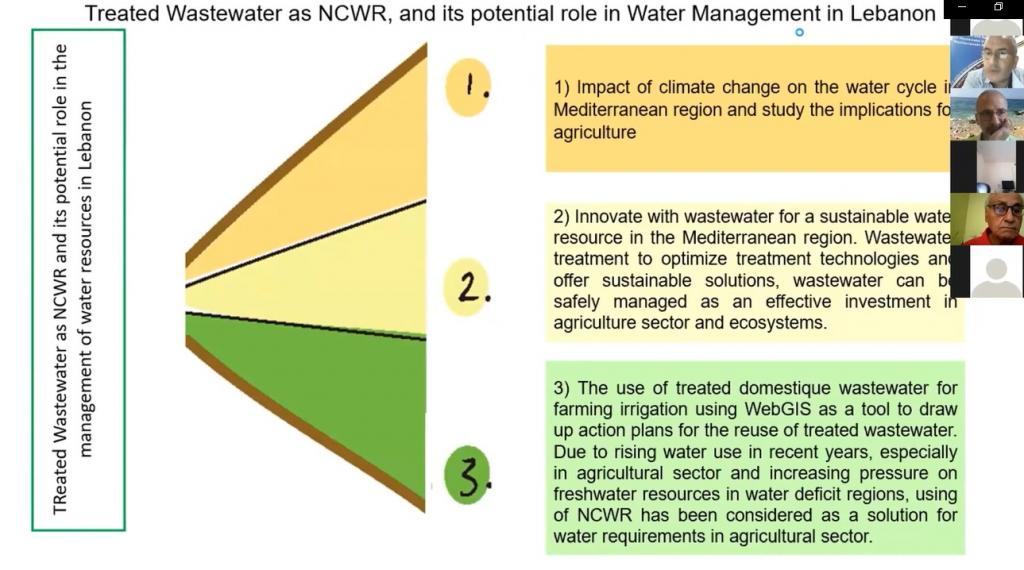
Ms. Rita Al Jahjah, Research and Development Officer at CubeX, a social enterprise focused on resource-oriented wastewater management in decentralized applications, presented on the CubeX system, a household scale wastewater treatment solution that recovers water for irrigation, and Decantra, a mobile servicing technology that addresses the frequent need of desludging from septic systems and recovers the solids for re-use in agriculture.
Dr. Hammou Laamrani, Senior Expert, Water, Energy Food Security and Climate Change Nexus at the Economic Sector of the League of Arab States, made a thorough 360-degree assessment of the WDM/NCWR in the region. He also advocated for a set of practical measures and actions to facilitate the adoption of new technologies.
The practice is moving faster than the research and it should be the other way around. Research should be anticipation, foresight and providing directions because there might be big issues in the move into the renewable energy that people are not aware of because research has not been ahead of the practice. We need a new vision where research should stand in promoting WDM. It also goes without saying that social science research and sometimes even anthropology is needed to understand the complexity of people’s behavior
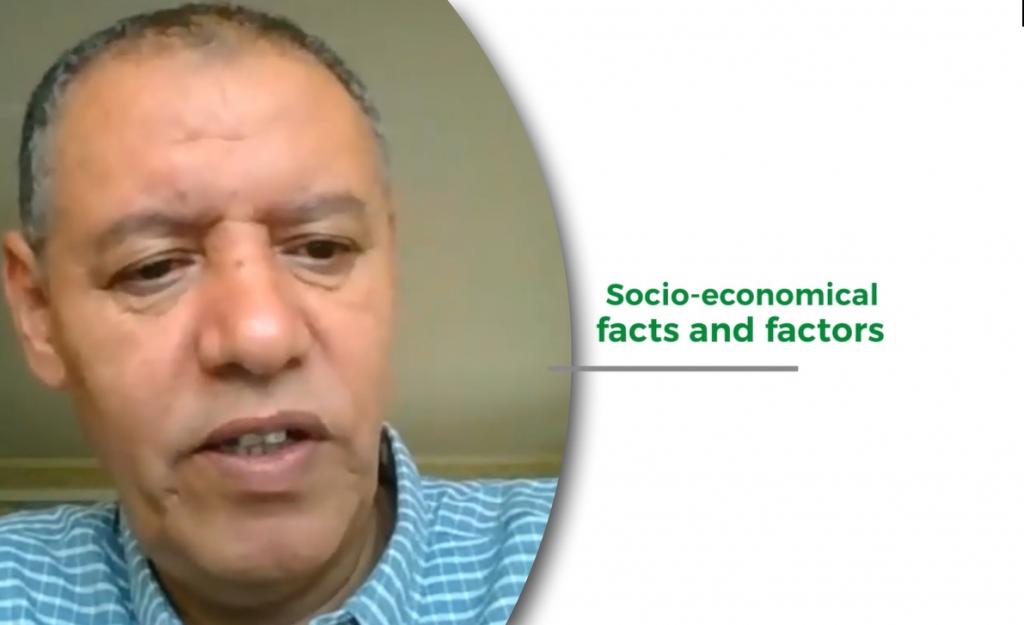
Based on years of experience as former Director General at the Ministry of Energy and Water and consultant IWMI – International Water Management Institute, Bassam Jaber was asked whether it is the funding or the regulation that slows the inclusion of the private sector. He reflected on the new law #192 that is very encouraging but added that sludge management remains a major issue.
I think visibility is a must before we are able to witness the development of successful projects. We have to bring together as many stakeholders as possible; not only within the small circle of technical people
When tackling the issue of coordination between different actors, Johana Von Toggenburg, Country Manager of CEWAS, stressed on the importance of bridging the gap between the work of the NGOs, the donors and the consultants on one hand, and the Ministry of Energy and Water on the other. She also shared her thoughts on cost feasibility and comparative costs between traditional and innovative solutions.
What I believe is always really important when talking about sustainable solutions that we are looking into is to compare the cost of these new solutions with the cost of conventional solutions over the long term
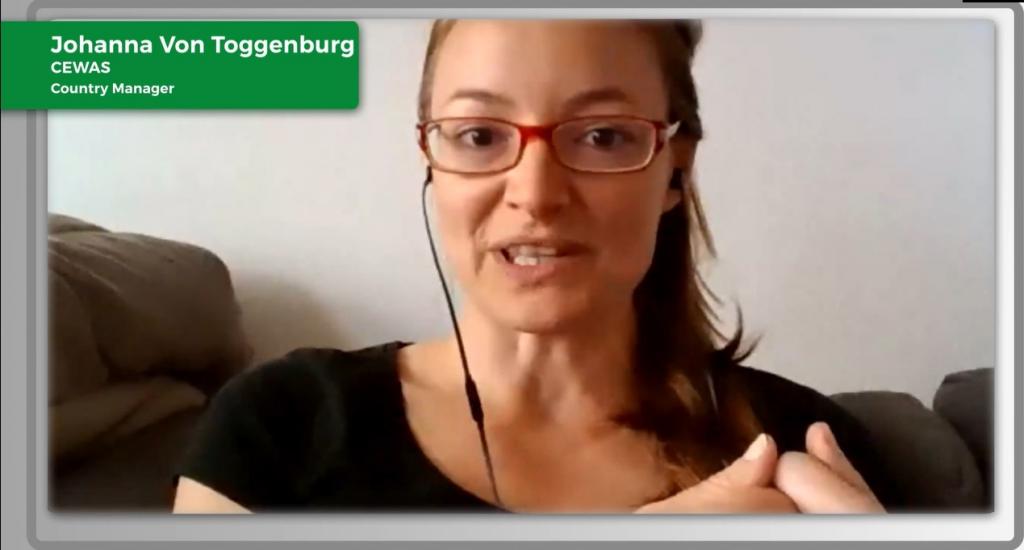
Maya Mhanna, Head of Rural Projects and Irrigation Department at the Ministry of Agriculture stated that farmers are relying more on more on renewable energy and new sustainable solutions for treating and using irrigation water.
I think that we will start relying on renewable energy for treating water as well as for irrigation. Nowadays, the situation is very critical as farmers are being forced to shut down their pumps and not being able to irrigate anymore. The same goes for the treatment systems; we are all aware of the high operational cost of these treatment plants; renewable energy will be a solution for their sustainability
Lea Kai, Project Manager, Climate Change Office at the Ministry of Environment, UNDP, was an active and instructive participant throughout all four NAWAMED Water Table, the national stakeholders’ meetings.
From a climate finance point of view, we have to stress on the importance of working on both water demand management and waste water treatment and reuse. There are upstream and downstream measures and both are equally needed to have an integrated and informative approach for water demand management and for the management of the water sector in general
Her analysis and inputs on various areas of the water sector made room for exhaustive discussions.
It takes time but once they are caught up, there is a huge potential in small easy implementable technologies
The NAWAMED team at the American University of Beirut will now be processing all the valuable information and data shared and discussed during the four local Water Tables. The report will then feed into the development of a “Mediterranean Policy Document” to support the increased adoption of WDM and NCWR at Mediterranean level.







